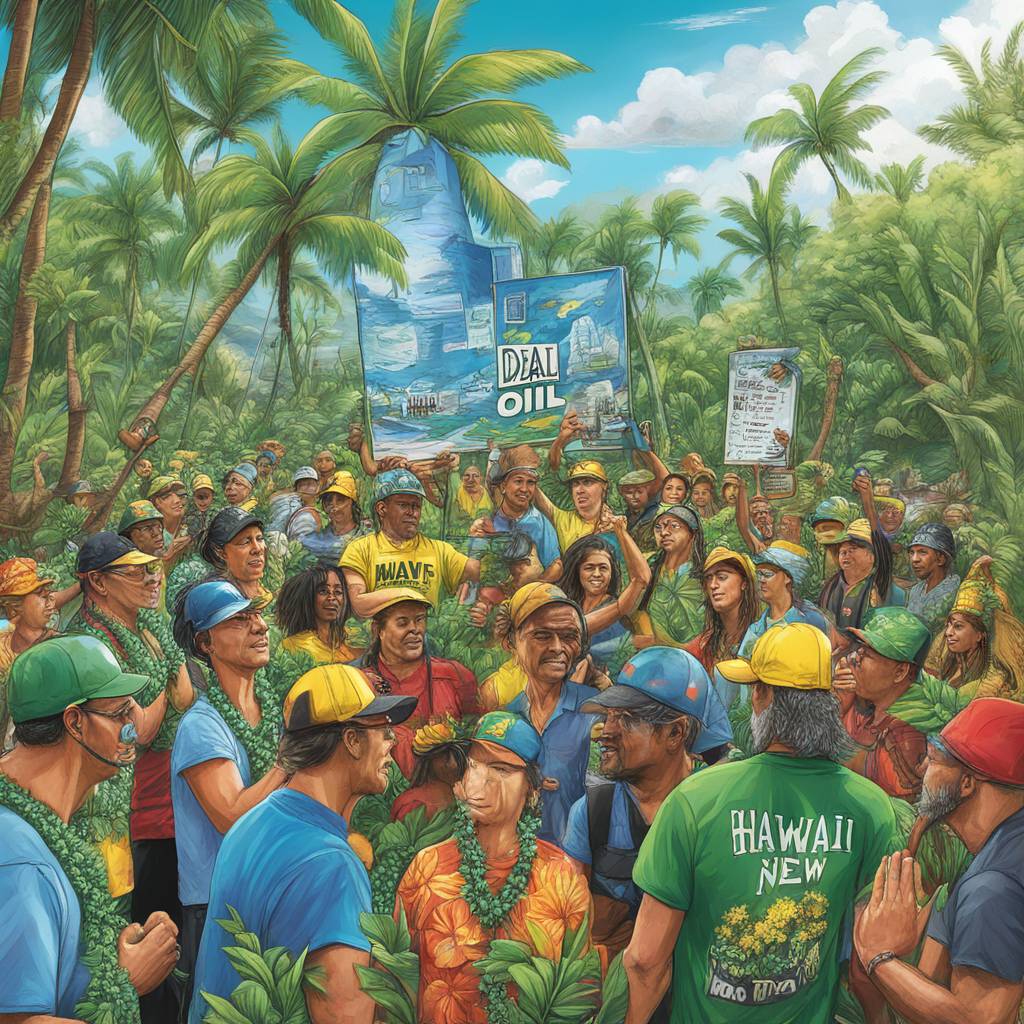The U.S. Supreme Court is considering whether to hear a case where the City of Honolulu has sued major fossil fuel companies over climate change damages. The city claimed the companies failed to warn consumers about the risks of their products, leading to greenhouse gas emissions and global warming. The Hawaii Supreme Court ruled that the case should proceed to trial, prompting concerns about the impact on energy policies and everyday Americans. Critics argue that the lawsuit is a way to push a progressive agenda onto the public by targeting industries that do not align with those ideals.
Consumer and legal experts are urging the U.S. Supreme Court to intervene in the climate case to prevent potential negative impacts on Americans should the lawsuit result in significant judgments against the oil companies. There are concerns that such rulings could lead to higher costs for food, cars, travel, and other basic necessities, making it difficult for everyday Americans to afford their livelihood. The companies argue that federal law preempts state law under the Clean Air Act, which is designed to regulate air pollution nationally. The lawsuits represent an attempt to obtain large amounts of money to combat climate change.
The Hawaii Supreme Court Chief Justice accused the energy companies of concealing the climate impacts of their products and engaging in disinformation campaigns to cast doubt on global warming. Justice Mark Recktenwald’s opinion emphasized the companies’ role in causing property damage in Honolulu through increased fossil fuel consumption. Some of the other justices on the state’s Supreme Court criticized the U.S. Supreme Court and questioned its legitimacy, with Associate Justice Todd Eddins expressing concerns about the impact of originalism on constitutional interpretation.
Climate change activists welcomed the Hawaii Supreme Court’s decision to advance the climate case, seeing it as a step towards helping Honolulu respond to the climate crisis. The executive director of Honolulu’s Office of Climate Change, Sustainability, and Resiliency highlighted the importance of continuing the case in the trial court to begin the discovery process. Companies appealed to the U.S. Supreme Court, arguing that one state court cannot dictate national climate policy and that it is Congress’s responsibility to establish such policies.
Critics of the lawsuit, such as former solicitor general O.H. Skinner, warn of the potential economic consequences of allowing the case to proceed to trial. Skinner believes that the case represents an attempt to bankrupt fossil fuel companies and impose progressive lifestyle choices on the public. He argues that the case will lead to higher costs for everyday goods and services, making it challenging for Americans to sustain their standard of living. The oil companies view the lawsuit as a significant threat to their industry and have petitioned the U.S. Supreme Court to review the case.
The case has broader implications for climate change litigation and the role of the judiciary in addressing complex scientific and legal issues related to climate change. Critics of the lawsuit argue that allowing state courts to shape national energy policy could have far-reaching consequences for the industry and consumers alike. The decision of the U.S. Supreme Court to take up the case will likely have significant impacts on the future of climate change litigation in the United States, as well as the broader debate over the role of the judiciary in shaping public policy.


